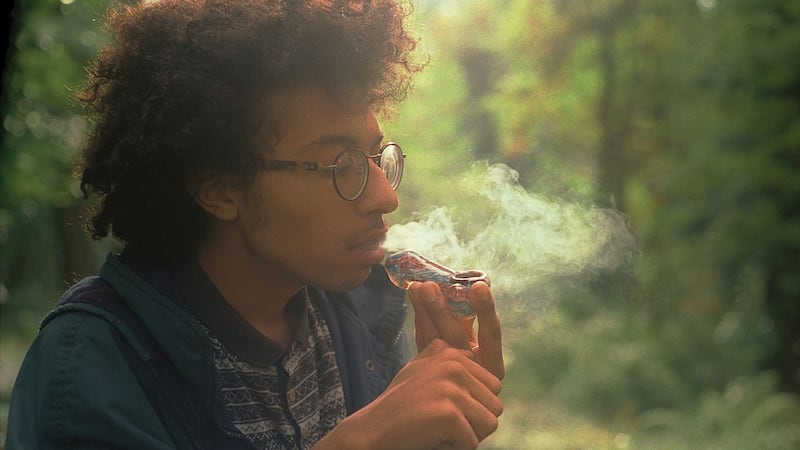Results from a new Washington State University study on the effects of cannabis consumption likely has long-time pot smokers saying, "Well, duh."
But it's actually pretty groundbreaking—one of the first scientific studies to examine pot's immediate effects on mental health.
Using a mobile app to track the self-reported effects of different strains and different amounts of marijuana on users, researchers found that smoking weed made people less anxious, depressed and stressed. (That's the obvious part.)
While the research parameters were simple—participants smoked strains high in either THC or CBD, noted how many "puffs" they'd taken and then ranked their symptoms on a 1-10 scale—the study's author says it's the first test of its kind.
What's new? It's the first study to get a significant sample size on which strains work best for people experiencing poor mental health.
"This is to my knowledge one of the first scientific studies to provide guidance on the strains and quantities of cannabis people should be seeking out for reducing stress, anxiety and depression," Carrie Cuttler, clinical assistant professor of psychology at WSU and lead author of the study, said. "Currently, medical and recreational cannabis users rely on the advice of budtenders whose recommendations are based off of anecdotal not scientific evidence."
Cuttler notes that heretofore, studies of the effect of cannabis on depression and anxiety have been conducted "with orally administered THC pills in a laboratory."
"What is unique about our study is that we looked at actual inhaled cannabis by medical marijuana patients who were using it in the comfort of their own homes." Cuttler says.
Over 12,000 entries from anonymous cannabis users were submitted to Strainprint, the app that Cuttler and her colleagues created.
After an analysis of the results, the research team concluded that: "one puff of cannabis high in CBD and low in THC was optimal for reducing symptoms of depression, two puffs of any type of cannabis was sufficient to reduce symptoms of anxiety, while 10 or more puffs of cannabis high in CBD and high in THC produced the largest reductions in stress."
Researchers also noted that women tended to report greater reductions in anxiety after smoking weed than men, and that long-term consumption may contribute to worse overall feelings of depression.
The study—which was funded via Washington state marijuana taxes and liquor license fees—is one of several cannabis-related research efforts currently taking place at WSU. Other pending studies include an examination of cannabis use during pregnancy and a look at the effectiveness of pot smoking for pain relief.
